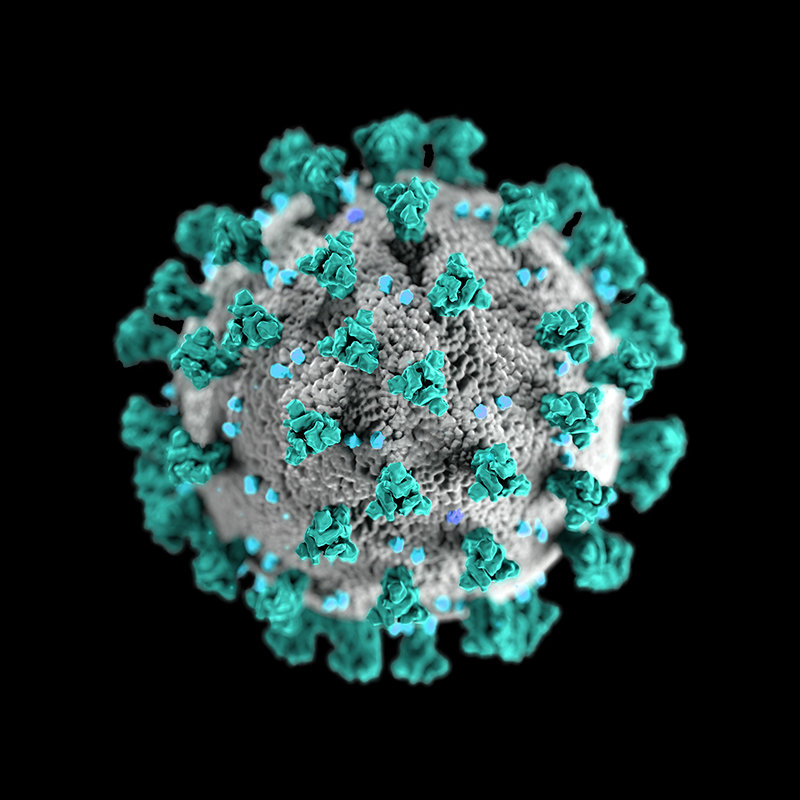The Guyana Human Rights Association today said that emergency regulations against the coronavirus were understandable but must be applied humanely and it also raised concerns about the indigenous population and prisoners.
A statement by the association follows:
EMERGENCY REGULATIONS ACCEPTABLE BUT MUST BE APPLIED HUMANELY
The most striking thing about the new Corona virus- COVID 19 is how quickly and comprehensively it has paralysed life around the world. The universal response has been to lock-down the society and keep people away from each other. We have become life-threatening to each other just by sharing the same space.
For this reason the Emergency Regulations issued yesterday are justified in aiming to rely on vigorous social distancing measures to combat Covid-19. Justification for the measures is rooted in the fact that there is no cure of Covid-19, so the only absolutely sure way to stay safe is not to contract it. The medical community can only help the infected by testing early and assist them to recover. With respect to the Emergency Regulations, the GHRA would urge they be enforced in a sensible and humane manner. Hopefully the insensitive manner in which arriving passengers were reportedly quarantined in the early stages of the emergency were due to nervous unfamiliarity and have been since corrected.
Prisons
With respect to the Emergency Regulations the GHRA is concerned that no reference has been made to the situation in the country’s prisons. After health personnel and indigenous people, prisoners and prisons staff are the most exposed category of persons in the country. In particular, the Lusignan facility was never intended to be a prison and constitutes an ideal incubator of Covid-19. Hygiene, lack of fresh air and water, the grimy conditions inevitable with so many persons in a concentrated space, all point to the urgent need for reducing the numbers.
Those in society who view prisoners as social garbage might care to remember that prisoners reach the end of their sentences and prison staff go home every evening. The society is not quarantined against its prisons. The GHRA recommends that application of social distancing is especially critical in prisons and that several measures be considered to reduce over-crowding. Among the recommendations to reduce numbers in prison, the following we believe are priorities:
· All sentences for possession of marijuana or other secondary category drugs be commuted to time served.
· All remand prisoners for non-violent crimes be reviewed and bail reduced.
· All prisoners whose sentences are within three months of completion be released early.
· All women prisoners for non-violent offences be commuted.
These recommendations are also made in light of the very limited medical services currently available in the prisons, where not even the services of the medex are available full-time.
Indigenous Communities
Considerable concern was expressed last week over the first case of Covid-19 being identified in an indigenous community in Brazil, in the region North of Manaus by the Colombian border. In light of the history of indigenous communities decimated out of existence by successive waves of epidemics, the concern is well-placed. Guyana’s indigenous communities are no exception in this regard.
The border communities in Regions 1, 7, 8 and 9 are vulnerable. The influx of refugees is one source of worry. The more threatening one, however, is domestic. Miners and mining-related trucking to mine-sites and community shops are a particular source of concern. Movements of strangers into the villages need to be brought to a halt and indigenous leaving the communities reduced to essential travel.
Gold-mining and other non-essential activities in the interior should cease for the period of the emergency.
While more vulnerable to the virus, however, the life-style renders indigenous communities capable of surviving catastrophes, lockdowns and shortages much more readily than their coastal counterparts.
Social Distancing in Coastal Communities
The social distancing strategy places the responsibility on staying safe squarely in the hands of each of us individually. Staying at a distance prevents our giving or receiving the virus physically to each other. Social distancing rules apply to everyone, not just strangers or sick people. In family situations this is best achieved when we come home by carefully wiping down bags or things we introduce into the home, including our shoes, personal belongings (cell phone) and other things that the virus might have settled on outside.
People in crowded communities under curfew and general lockdown spend their days living in yards with other people. These are the most challenging situations in which to practice social distancing. Success will be determined by the extent to which the community can devise imaginative ways of assisting themselves and everyone. The GHRA would recommend an approach to policing the curfew based on a progression from empathy, education, encouragement and finally to enforce.
While a number of community-based organizations have lost their traditional vigour, enough religious and voluntary organizations still retain basic networks that can reinforce social distancing. They are better-placed to identify the kinds of people who need assistance. In addition to the obvious ones – the elderly and infirm – people who have lost their jobs and have no incomes, people who need help with children, medical personnel who may need support to enable them to be at work for long shifts. Additionally, community-level initiatives to disseminate information to keep people healthy, such as breathing and exercise techniques are also more effectively disseminated at community level.





